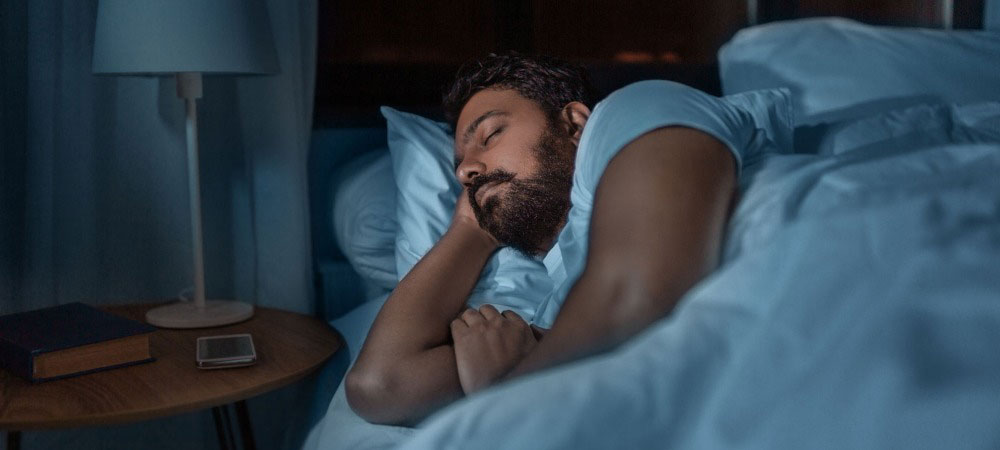How to Sleep Better with Allergies

For the most part, everyone knows the feeling of being tired. Sleep deprivation is a serious issue that can lead to health complications like weight gain, weakened immunity, irritability, and even heart disease.
Allergies and their corresponding symptoms such as coughing, sneezing, headaches, and nasal congestion can cause someone to lose hours of valuable sleep. Many allergy sufferers wonder, what can I do to get the best sleep while dealing with allergies?
Keep the Allergens Out
Reducing the source of your allergies is crucial. Showering before bed to rinse off any lingering allergens and having a space that is allergen free will allow for the best sleep. Here are some ways to keep allergies out of the bedroom.
Keep Windows Closed
Opening windows allows pollen to attach to furniture, carpet, and bedding. Even after you close the window, pollen can linger, causing your allergy symptoms to flare up. Running the A/C helps keep allergens out of the bedroom.
Keep Pets Out
Pets are another reason your allergies could be flaring up when it’s time for sleep. Pets tend to bring in allergens from the outdoors; when they lay in your bed or on the carpet, they are spreading allergens throughout the room. If you suffer from environmental allergies, it’s best to keep pets out of sleeping areas.
Dust Mites
Dust mites are an issue for many people and tend to cause symptoms such as sneezing, runny nose, as well as itchy and watery eyes. To control dust mites in your home, wash pillows and blankets – some experts recommend as often as every two weeks. Vacuuming the carpet regularly also assists in the battle against dust mites in your home. Additionally, keep household humidity levels between 30-50% to keep dust mites at bay.
Talk to Your Doctor
Antihistamines
Allergy medications can provide short-term allergy relief that may allow you to get a better night’s sleep. However, antihistamines aren’t a long-term solution to your allergies, and they can create issues with drowsiness and other issues with long-term use.
Allergy Drops
Sublingual immunotherapy, also known as allergy drops, gradually teaches your body to tolerate the substances causing your allergies. The goal is to help you remain symptom free long after the treatment is done, so you can avoid sleep deprivation and the associated symptoms.
Get Started with Personalized Allergy Drop Immunotherapy
We can help you find a provider near you who is trained in the La Crosse Method Protocol for sublingual immunotherapy so you can start your journey to a happier, healthier life.


